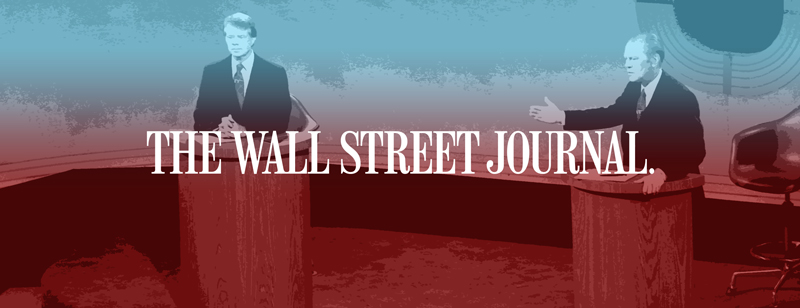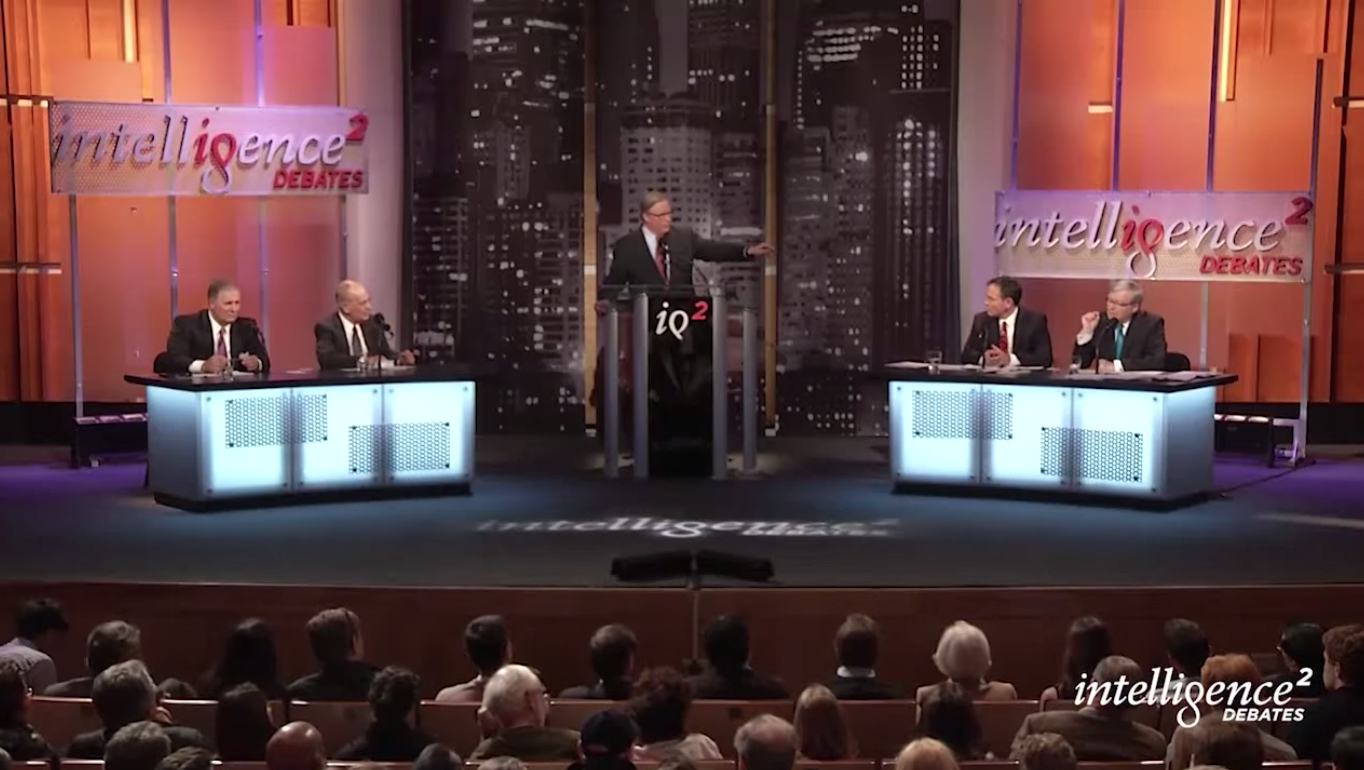Robert Rosenkranz: Intelligence Squared US Debate Analysis
Raise the Federal Gas Tax to Fund Infrastructure
As most Americans may know, a portion of their gasoline bills is a federal gas tax. This tax is 18 [CK] cents a gallon and is used largely for the building and maintaining of roads, highways and bridges around the country.
As noted at the outset of the debate, economists consider the federal gas tax to be as close to a “perfect tax” as can likely exist. This is because it is “reasonably close to a user tax. It’s a fee for using the service…and that is almost the least distorting tax you could have…where the people who are using it are paying for it.” Conservatives might like it for that reason; environmentalists might favor it because it discourages use of fossil fuels.
Despite its near-Utopian economic nature, the federal gas tax remains unpopular, and has not been raised in more than 20 years. This reality is the background for our latest Intelligence Squared debate in which two teams put forth arguments for and against the concept of raising the gas tax to fund transportation infrastructure projects.
READ REMARKS....








